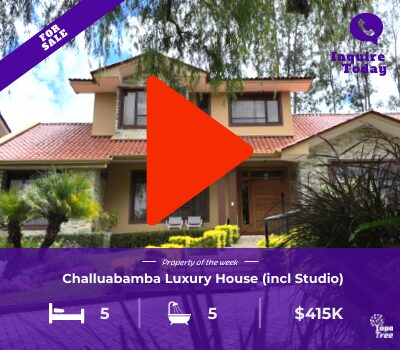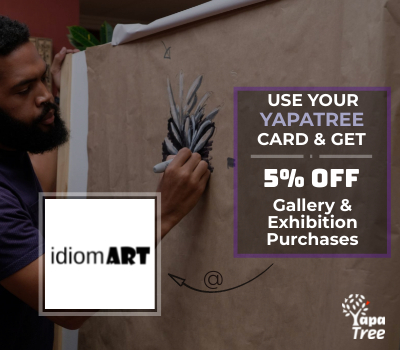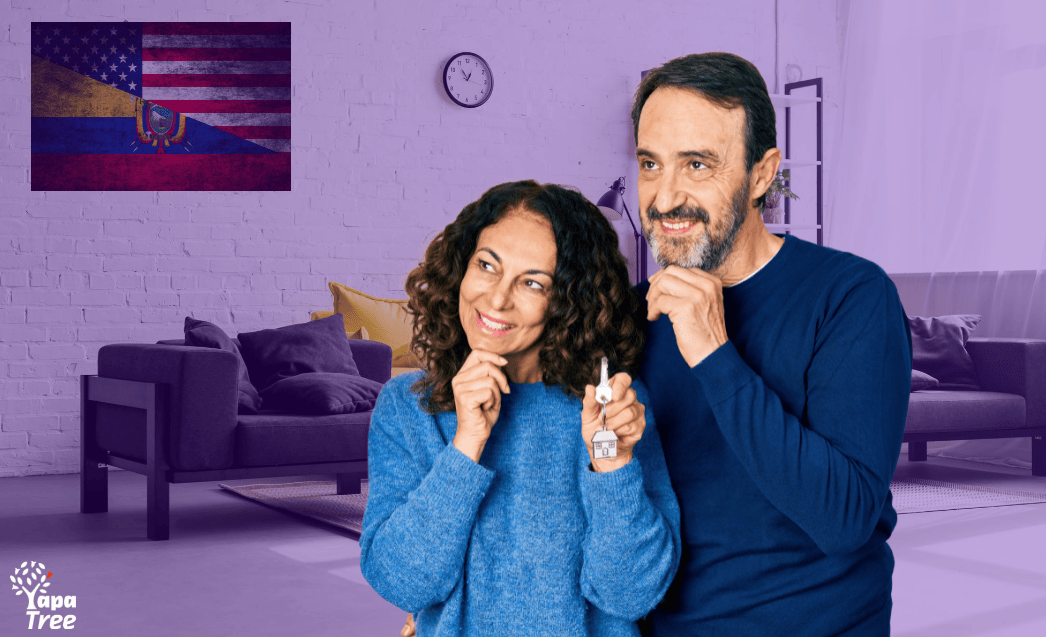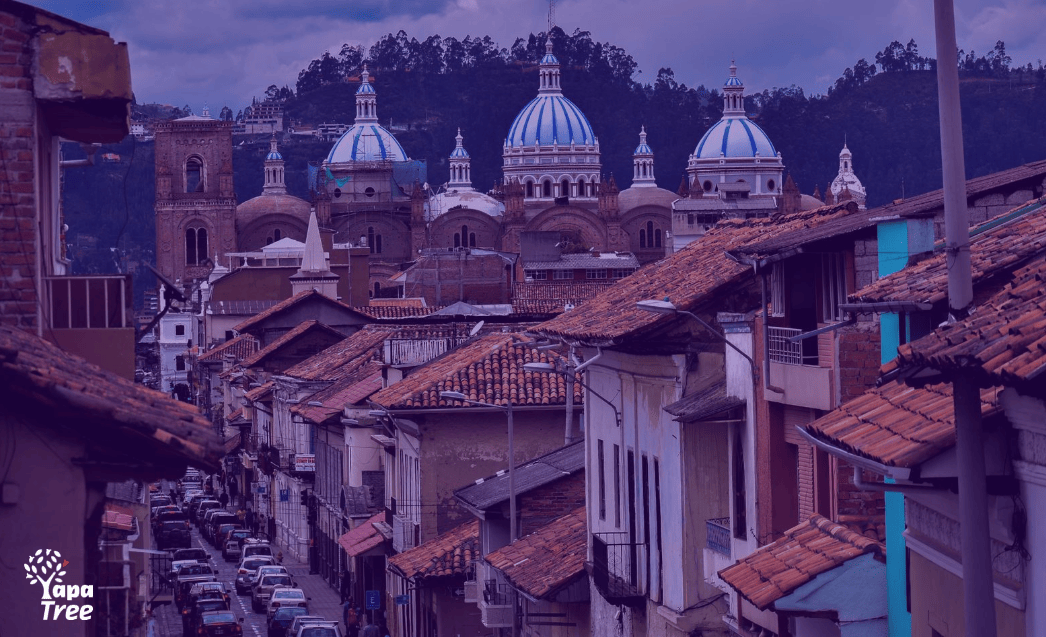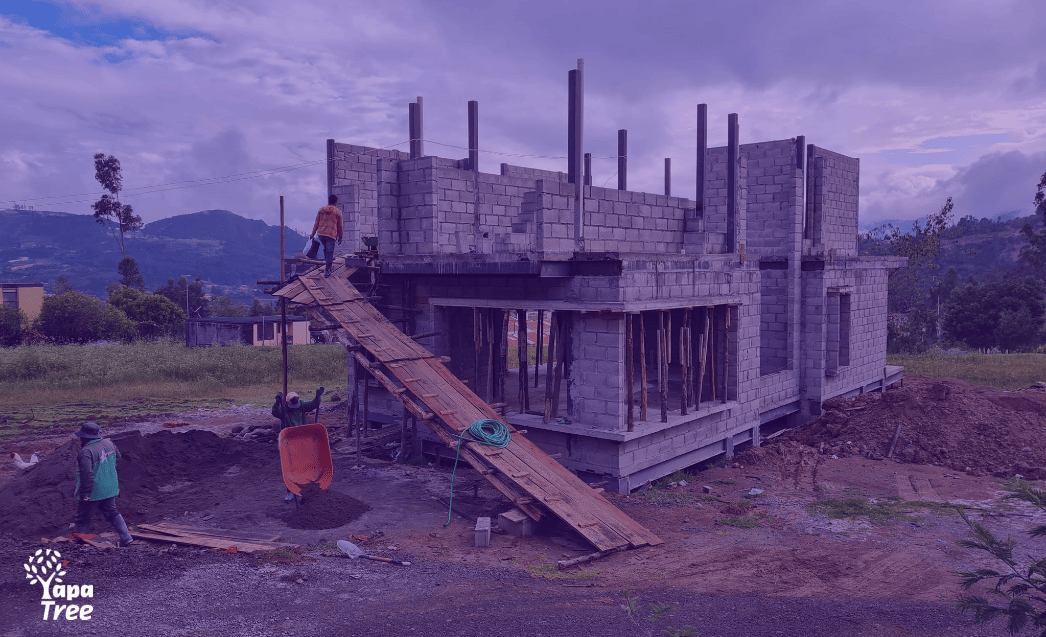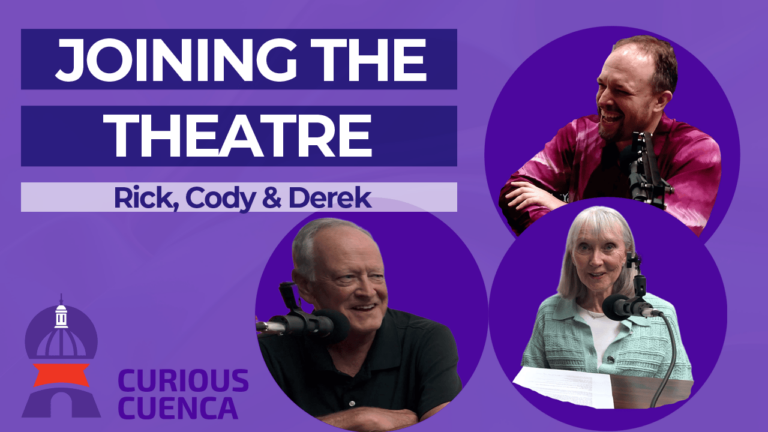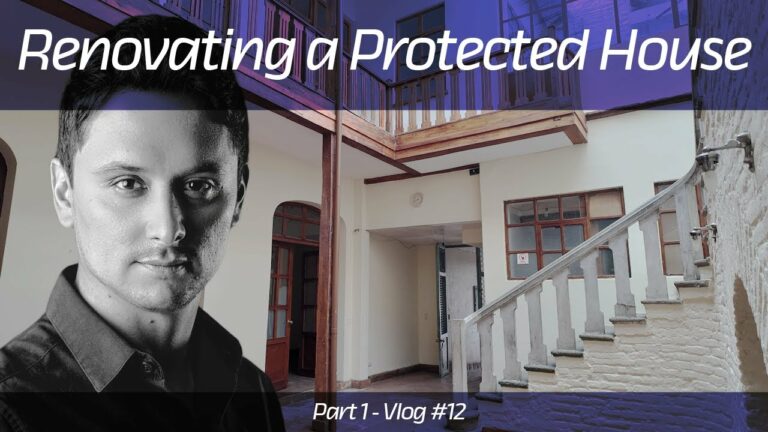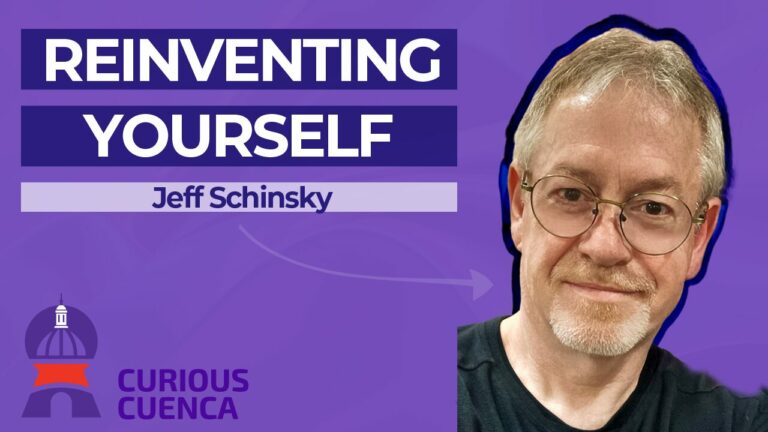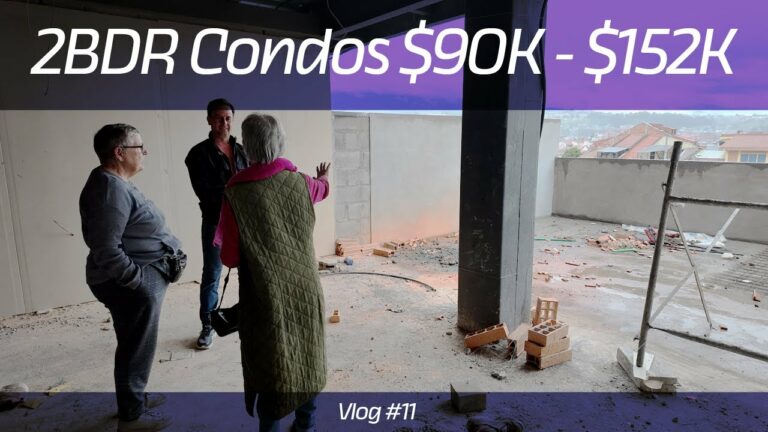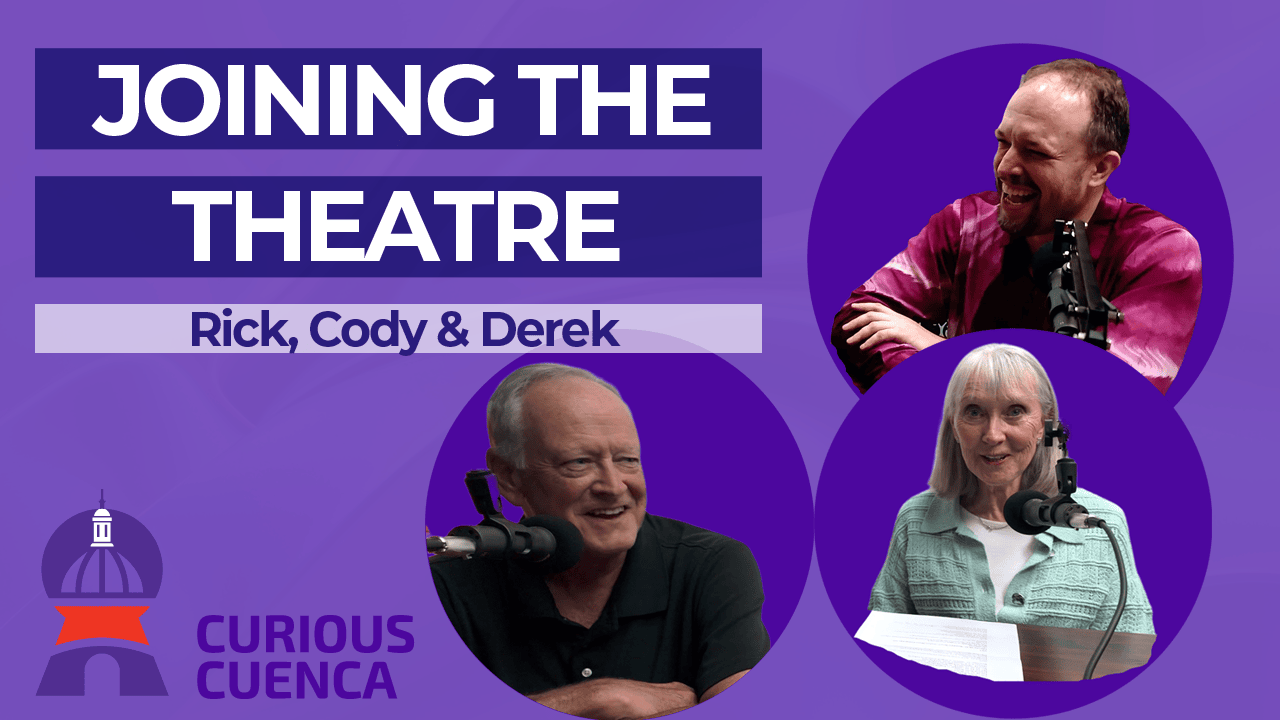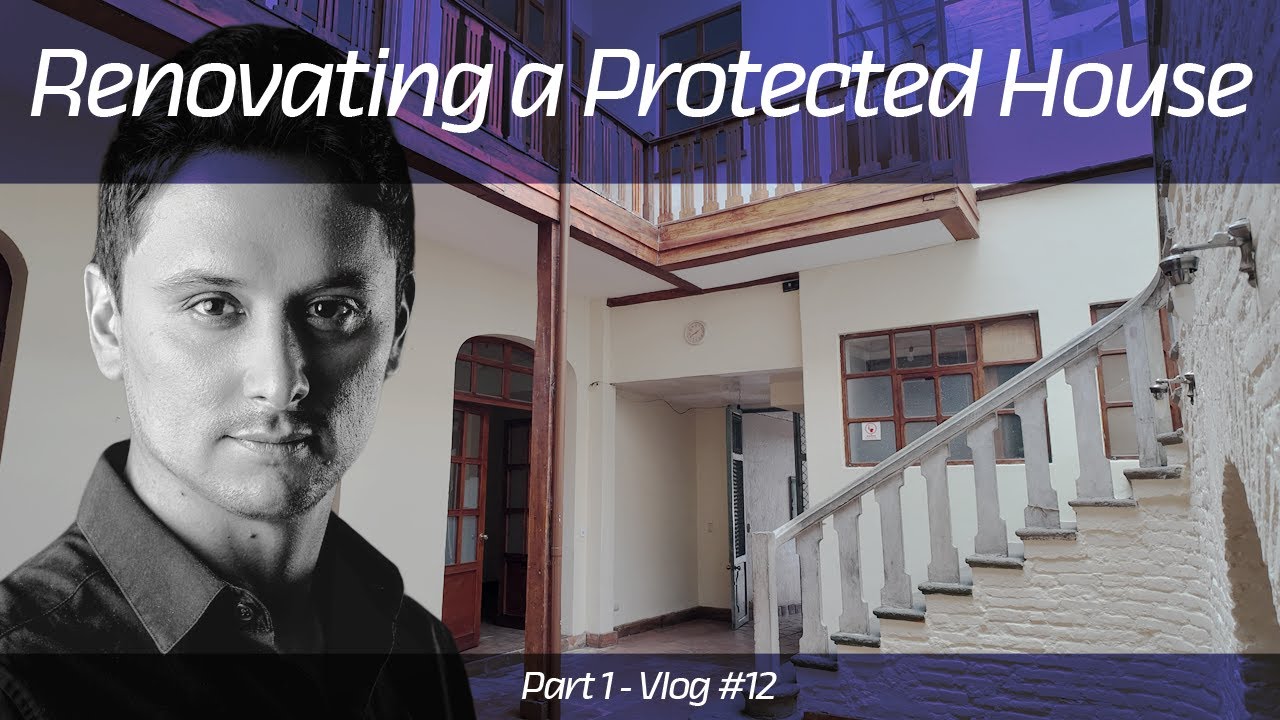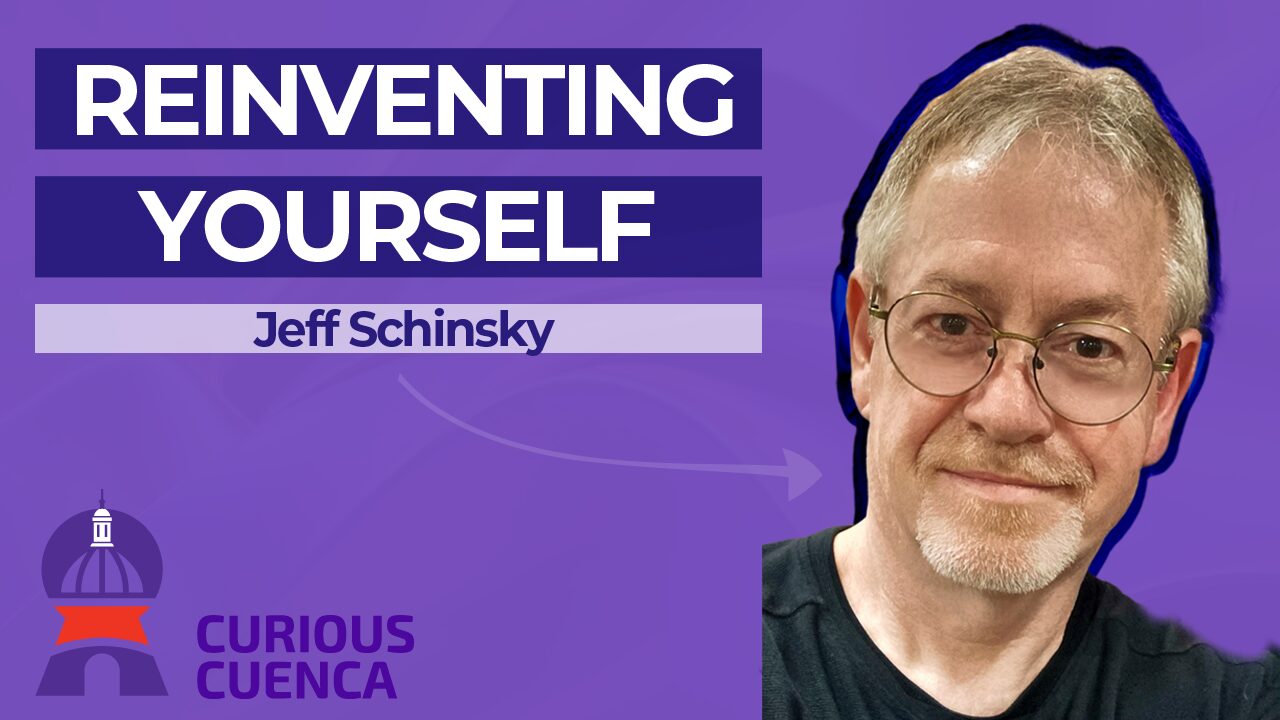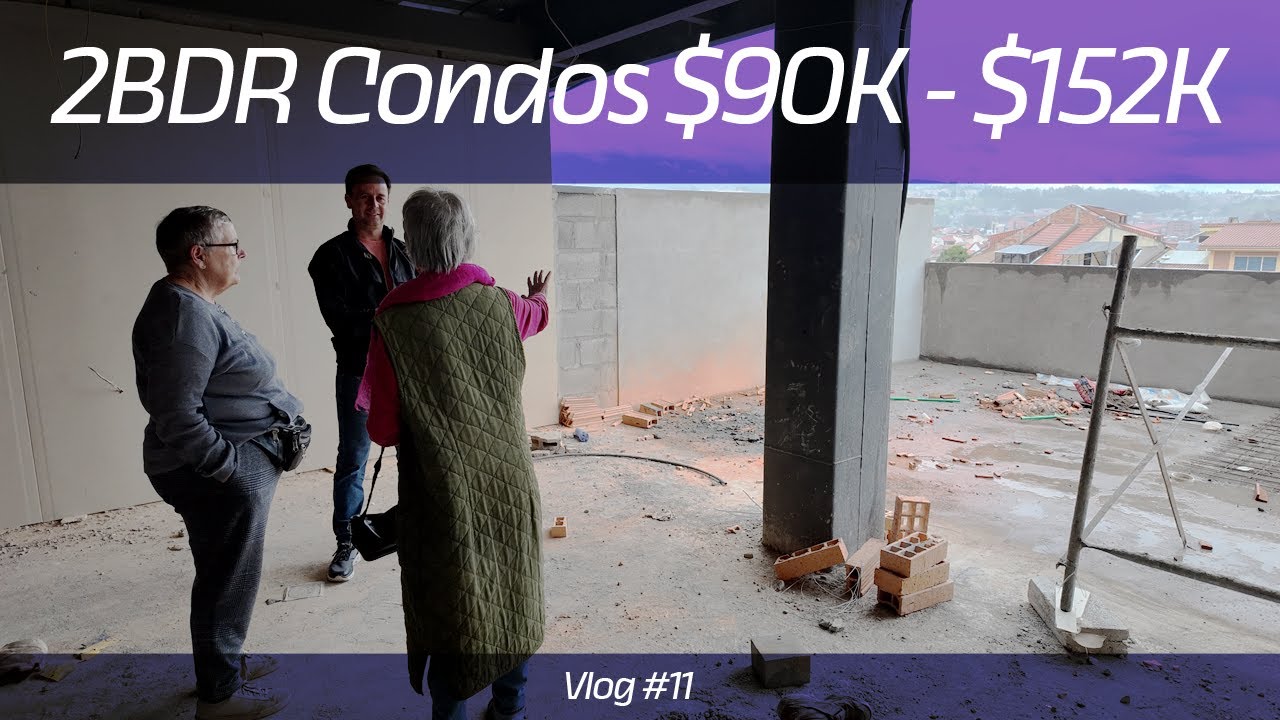Editor’s Note:
Joseph obtained his Professional Visa before the new rule changes came into effect on March 10, 2022. We suggest obtaining up-to-date visa information from a reliable source before applying as it’s bound to be a bumpy ride over the next few months whilst each migration office applies its own interpretations.
Now, before the magnifying glass (or pitchfork) comes out to critically inspect my experience, please just remember this is MY experience. Your experience may be very different for a number of variables:
- I’m from the UK, you’re probably not (there are very few of us here) and so my documents will be different from yours
- I’m very, very organised with paperwork and I turned up here prepared (many do not and so make the process harder for themselves)
- I’m also [email protected] so my facilitators probably wanted to speed things up
- Every visa support company has a slightly different process and uses different officers, lawyers, and translators – I can only share what happened to me…
Right back to the start
My very first inkling that Ecuador was even an option was on December 17th 2020. I was teaching English in Banska Bystrica, Slovakia, and doing some freelance content writing online. It was -22 Celsius outside and after bracing the blizzard on my way home from school, I could only dream of the tropics.
I opened my laptop and Googled ‘Countries with a Digital Nomad Visa’. As I have been making money online since 2014, I consider myself a Digital Nomad. There were about 20 options, mostly small Caribbean nations, as well as Costa Rica, Croatia, and Portugal. I went back to Google and searched ‘Easiest countries to gain residence or citizenship’. Panama, Paraguay, Argentina, and… Ecuador. I read a few tidbits of information about a possible digital nomad visa for the future, but nothing yet. Then, I saw the words ‘Professional Visa’.
That cold night in Slovakia, my life would change forever. It’s just that I didn’t think it would be Ecuador. Portugal’s D7 Visa was a much better fit, and I was also saving up to buy Thailand’s Golden Visa and go back when the restrictions were lifted. Ecuador was a firm Plan C, especially when I saw how easy and smooth the process was. I was a little skeptical, but I kept it in mind.
I Googled some articles about the Professional Visa and found this detailed post to be very helpful. I then came across Visa Angels Ecuador, run by Jodie Mansfield. I sent my first email that night and awaited a response.
Preparing for Portugal
I booked a 6-month online course in the Portuguese language and I swear to you, as someone who is multilingual, I have never enjoyed studying a language LESS. I loved studying Spanish and Thai and got to grips with Czech and Slovak fairly fast, but Portuguese just did nothing for me. It was a chore. I started to reconsider Portugal and again, look at other options. I make a point of learning the language of the country I live in, out of respect.
I went back to Google and again, my research led me back to Ecuador, Costa Rica, Panama, and Paraguay. I ruled out Paraguay for being landlocked, and whilst Asunción looked cool, it didn’t inspire me. I ruled out Panama as I have a friend who has a Panamanian Digital Nomad Visa who tells me how scared he is to go out at night and how if it weren’t for the tax breaks, he’d be out of there. Costa Rica’s requirements were a bit too high and I heard that it’s actually an expensive place to live.
Ecuador didn’t throw up any red flags. It climbed above Portugal from plan C to plan B.
Preparing for Thailand
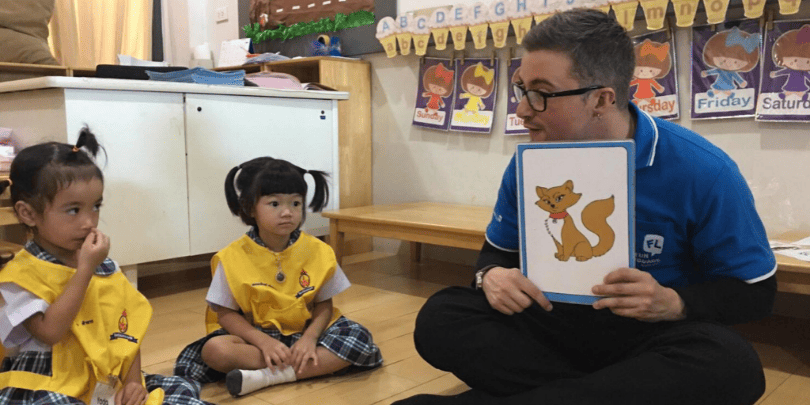
Six months had gone by and I’d slogged through Portuguese and hated almost every minute of it. I went back to studying Thai. At this time I had left Slovakia and moved to Barcelona. I was getting ready to move back to Thailand, where I had lived before the pandemic forced me to retreat to Europe. There was a problem though.
The Thai police and army were killing protestors. Protestors were getting increasingly violent. This was not the Bangkok I knew and loved. This was scary. I had contacted a Thai Golden Visa immigration lawyer, and so at this point, I told him to pause. I was having second thoughts. Ecuador was pushing from plan B to plan A. However, the British Pound Sterling was gaining a lot of strength against the Thai Baht and that was making the Golden Visa cheaper and cheaper by the day.
Then, Peru opened. Colombia too. Suddenly Latin America was looking like it wanted people, whereas Asia was firmly shut. I couldn’t wait anymore.
Preparing for Ecuador
I went back to the UK, got vaccinated, and made the decision after a talk with my mum, that Ecuador was probably a better option for me personally. I don’t regret this decision at all. Thailand isn’t going anywhere, I can go back when I’m ready, for a holiday or longer depending on the circumstances.
Back in September 2021, almost 18 months into the pandemic and without it appearing to be subsiding, I needed to make a decision. I contacted Jodie at Visa Angels, and her colleague Sara Carcamo replied.
I paid the small retainer of $300 on the 16th of September 2021. Things were underway.
I was given a list of documents I would need to get and have apostilled. These are for the Professional Visa:
- University Certificate (apostilled)
- University Degree Transcripts (apostilled)
- Letter from the University (apostilled)*
- Clean Criminal History / Police Report (ACRO for the UK, FBI for the US)
*This one seems to cause the most difficulty for people applying for the Professional Visa, as many universities don’t know what they’re being asked for. My university called it a ‘Confirmation of Study Letter’, but I’ve heard others called it a ‘Mode of Study’ letter. This letter must be on school letterhead, have the name, phone number, and email of a reference to contact, and the whole point is that it says you studied in person, not online. Ecuador has beef with online degrees (this will presumably change when the current cohort of zoom-based university learners finish their virtual graduation ceremonies).
There are additional documents needed for the Cedula:
- Birth Certificate (apostilled)
- Marriage or Divorce Certificate (apostilled) – if you’ve never been through either of these, you don’t need the document
- Clear copy of your passport information page
- Health Insurance (to get when in Ecuador)
Procuring these documents was more annoying than anything. ACRO is a notoriously complicated certificate to obtain and in the past they have rejected me for providing insufficient data. Being nomadic for 7 years and giving addresses was my downfall. This time, however, it was accepted, much to my surprise. I found an apostille guy in Essex and sent him the documents I had, while I awaited the others I had applied for (Confirmation of Study and ACRO).
He sent the 4 apostilled documents back to me and then I put them in a folder and flew to Peru to go backpacking for a few months. Since the ACRO expires within 6 months, and I got mine on September 16th, I knew I had until March 16th to get all my Visa and Cedula applications done IN Ecuador. Sara advised me that as long as I arrived around the start of January, we’d have plenty of time to get my Visa and Cedula (she was right). So, from October 4th to December 24th (early than planned because of flight cancellations), I was in Peru and Mexico.
Whilst in Lima, Peru, Sara asked me to send her my documents because they needed to be translated into Spanish. I went to DHL in Barranco and they charged me $70 to send 4 pieces of paper to Cuenca. DHL in the UK charged me $38 to send 2 pieces by airmail. Go figure!
Total cost for everything in this section:
$1073
Arriving in Ecuador
I arrived in Guayaquil on Christmas Eve 2021 and spent 3 nights in a very nice hotel. At the airport, as I passed through, an agent stopped me and asked me the purpose of my visit. I told him, I’ve come here to immigrate, get a new life, create videos and documentaries, and find a home. He looked at me a little strangely but wished me luck.
My studio rental in Cuenca, which I’d negotiated via Whatsapp, was ready from the 27th. I arrived by bus and spent a few days just getting to know the city. That week I fell quite sick and ended up in hospital. My first meeting was postponed to January 7th.
In-person: Power of Attorney
The first time I met Sara, it was to go to a notary to give over power of attorney. Now, many people shudder at the thought of giving over power of attorney, but in this case, it was used to stop me from having to go to loads of meetings and appointments. I was glad to do it! The process was due to cost $135, but I managed to get it for less because I didn’t require a translation of the document or a translator to explain it to me.
Cost: $116 ($19 discount). Cheaper notaries are out there and you can do this for under $100 if you speak Spanish
In-person: Movimiento Migratorio
Every time you enter or exit Ecuador, it tracks you and adds some data to the system. You need a printout of this data as part of your Visa application. The printout is called a Movimiento Migratorio. This was my first time in Ecuador, I effectively emigrated here blind without doing my investigatory trip. That’s because I’ve lived in 9 other countries and I know I can adapt anywhere. Once you’ve lived in tougher cultures like Albania, Morocco, and Slovakia, moving to Cuenca looks easy.
The most annoying part of this is that you have to go to the airport, request the form, then take a little slip of paper they give you to one particular bank. You pay $5 at the bank and then go back to the airport, where the document is waiting for you.
Cost: $5 + taxi fares if, like me, you’re too lazy to walk (it’s not that close, but it’s walkable)
In-person: SENESYCT
Ecuador’s Secretariat of Higher Education, Science, Technology and Innovation requires those applying for their Professional Visa to submit their degree, transcript, and letter from the university to be registered into the system. If your university is on the system, good news, like me, you will just have to pay $25 and turn up and smile and be polite and sign something. If your university is not on their system, that’s a problem.
Strangely, I have one friend, also from the UK, who managed to get his visa without registering his degree at all. I have another friend from Kyrgyzstan whose Kyrgyz degree was accepted easily because her university is a satellite of a US college. I read online about an Indian woman who came here and it was a very long process to get her degree confirmed. There are many variables here.
Cost: $25
In-person: Health Insurance
Health insurance is a requirement to get your Cedula, not your visa. However, residents of Ecuador are required to get a Cedula and health insurance. So, in effect, whether you like it or not, health insurance is mandatory.
Fortunately, there are insurance brokers who can sell you the most minimum and basic package possible for 3 months while you get your visa and Cedula. Mine cost $21 per month. I visited Daniela Cordero at Millenium Brokers and we’ve become friends since.
Cost: $63
Done for me: Visa Appointment
For the visa, I was not needed, except to sign a form and hand over my passport the day before my appointment. Remember, I gave power of attorney so that they could handle all of this on my behalf. I had to pay $555 total, which covered the visa, the drivers, and the facilitators. The next day, I received an email with the visa, job done.
Cost: $555
Done for me: Cedula Appointment #1
I never had to go to Azogues, avoiding the frustrating part of the process that many expats going through this process seem to loathe. Different things are said about the Azogues office and for different reasons. I cannot add anything else here because I never had to go. I paid $80 for the driver and facilitator to go and do it for me. It would have been $10 + bus fare if I did it myself.
Cost: $80
In-person: Cedula Appointment #2
I paid $30 for my facilitator’s time and to cover whatever charge was needed, a very nice guy who invited me fishing with him. First, we went to the Oficina de Registro Civil in Calle de Retorno (one street from Calle Larga) at 09:00am, waited 30 minutes, then signed some stuff while they did photocopies, and they took my photo. In the first photo, I gave them a big smile and she told me not to do that. I rearranged my face into a scowl and now I have a very moody Cedula photo.
Cost: $30
In-Person: Cedula Appointment #3
This appointment was the same day as the previous one, but at the other Registro Civil office in Parque la Libertad. We were let in after a few minutes, at which point my facilitator told me to sit pretty and wait. After about 20 minutes they called my name and I went to a little window where a guy handed me my Cedula. I paid another $30 for my facilitator’s time
Cost: $30
It was all over! All done!
Adding up all the costs
- Documents, Apostilles, Facilitator Retainer: $1,073
- Legal Fees: $116
- Movimiento Migratorio : $5
- SENESYCT: $25
- Health insurance: $63
- Visa: $555
- Cedula: $140
TOTAL: $1,977
If you factor in the cost of flights to get from the UK to Ecuador, you can add on another $700-800. For me, it’s all relative because it represents such an opportunity and an important turning point in my life, where almost 7 years of travel come to a head, and I try to find a sense of normalcy. Whilst the concept of ‘normal’ might seem to contradict living in the Andes on the other side of the world, immigrating here was about as normal as it gets for someone who has lived such a varied adult life.
Final Verdict
Of the three immigration processes I’ve been through (Slovakia and Thailand being the others), this was by far the easiest on my part, albeit the most expensive. In Slovakia, I did it mostly myself, with minimal support, and it was horrible, confusing, and with no online guidance to make it smoother. In Thailand, my employer did the majority of it, but I had to attend all meetings and then on the day of reckoning, it was 14 hours of stress spent alone at the world’s biggest immigration centre, starting at 5 in the morning and number 333 in the queue. I wouldn’t wish Thai immigration experiences on my worst enemy.
By comparison, Ecuador was a breeze. You might read this article and think that there’s a lot to do, but unless you’re blessed with bags of money to buy a golden visa in your country of choice, immigration is a necessary evil of moving abroad. In reality, the process here is not as complex as I thought it might be, and the range of visas makes it a very attractive place to come. I hope that the Professional Visa and the new Nomad Visa will attract a younger type of expat like myself, as we are in the minority. My verdict, or advice, is to always go through a facilitator or Attorney, because my friends who did it alone have a VERY different story to tell…

![My Immigration Experience In Ecuador [professional Visa]](https://yapatree.com/wp-content/uploads/2022/03/My-Immigration-Experience-in-Ecuador-Professional-Visa.png)




